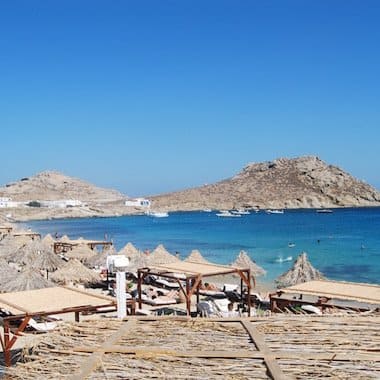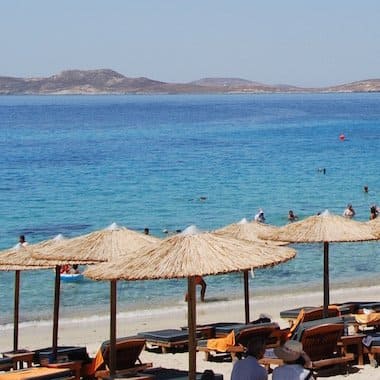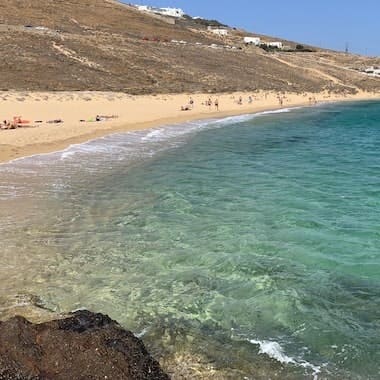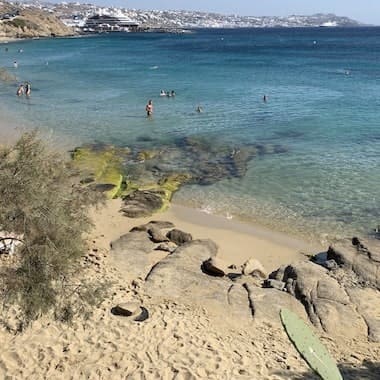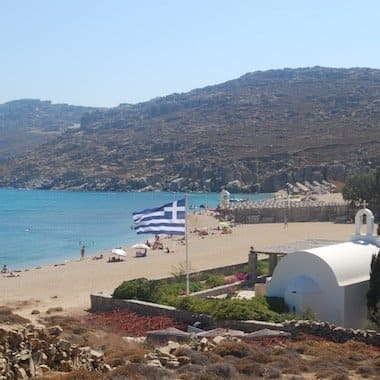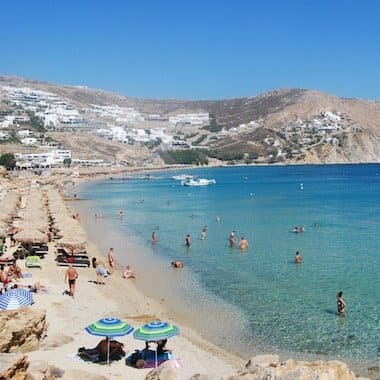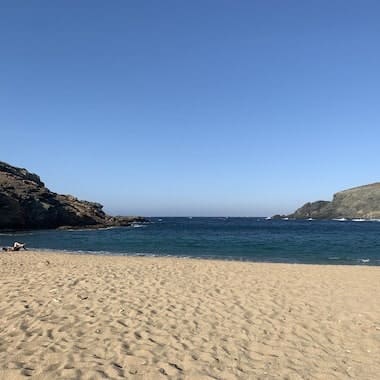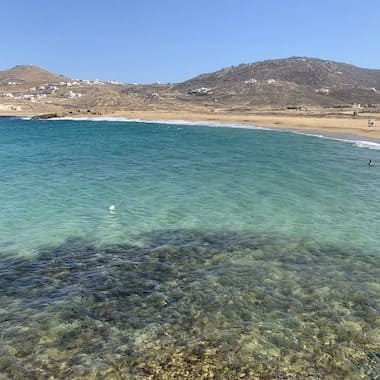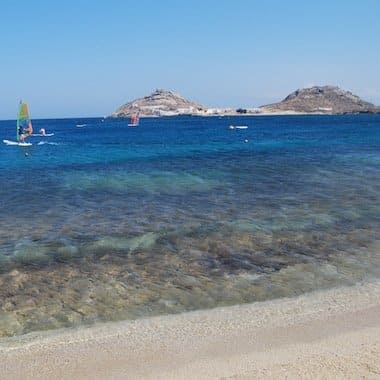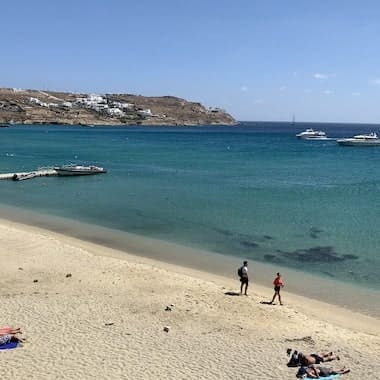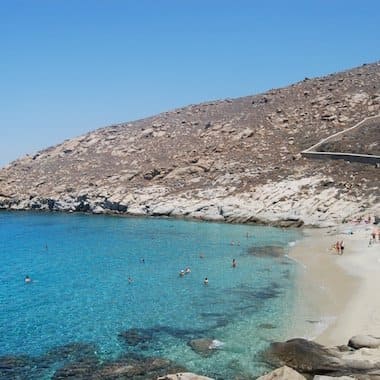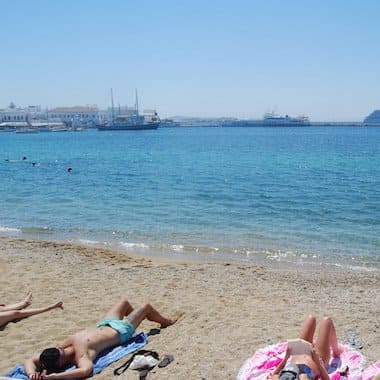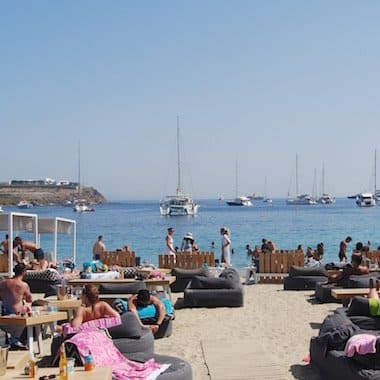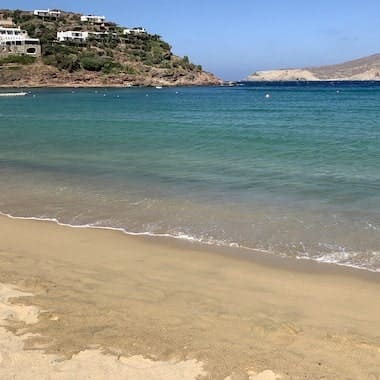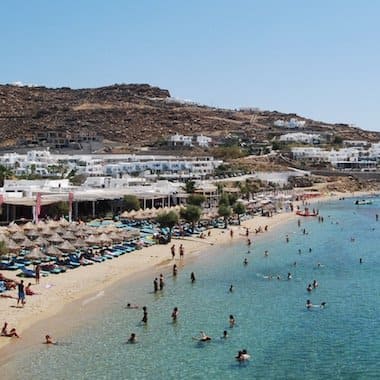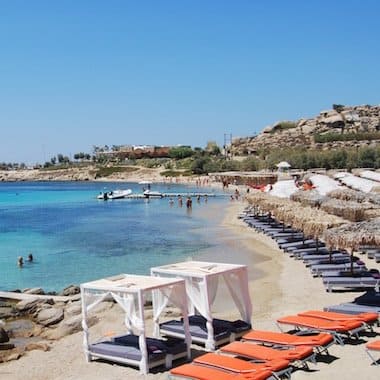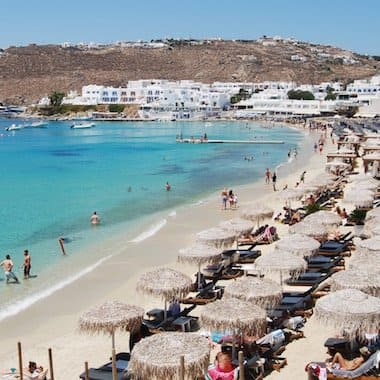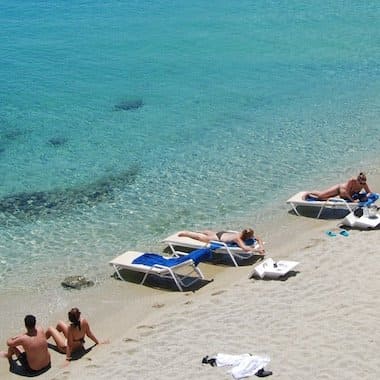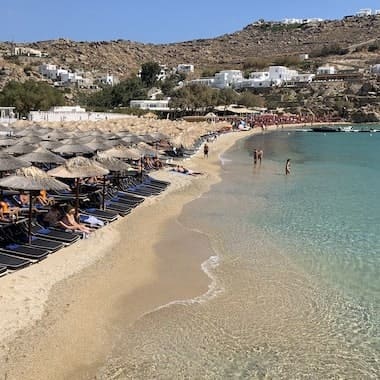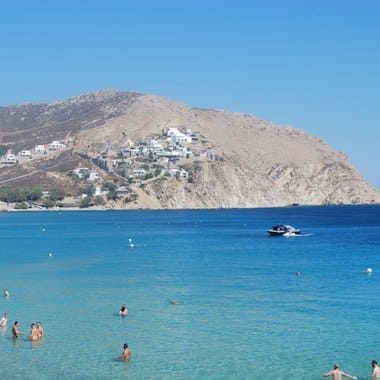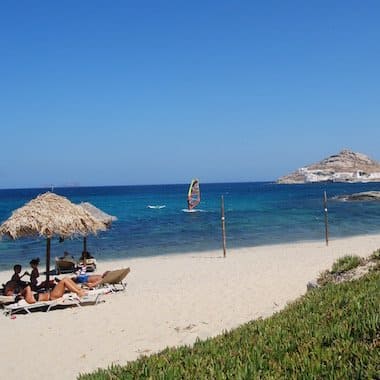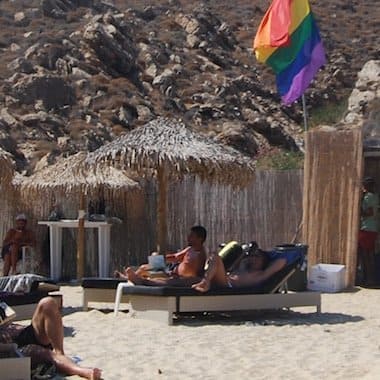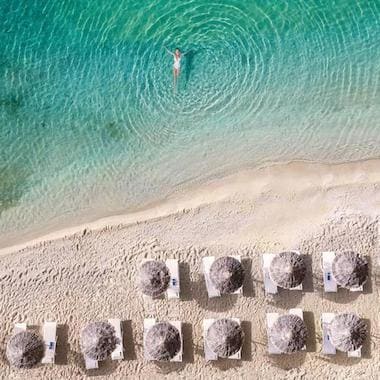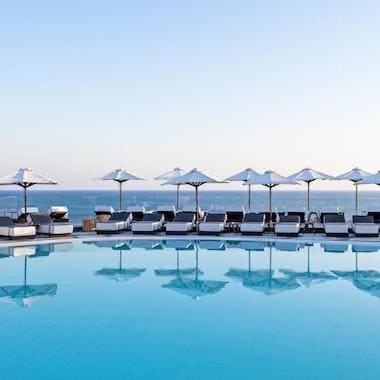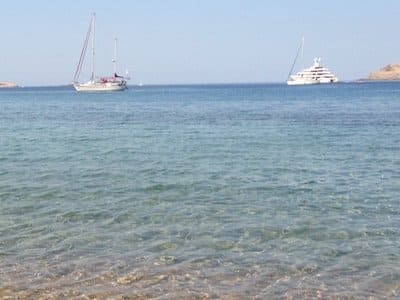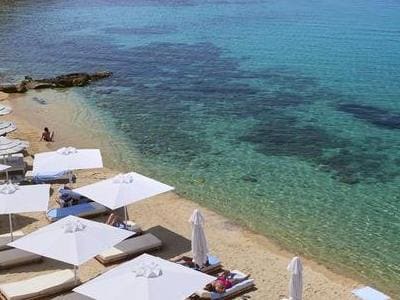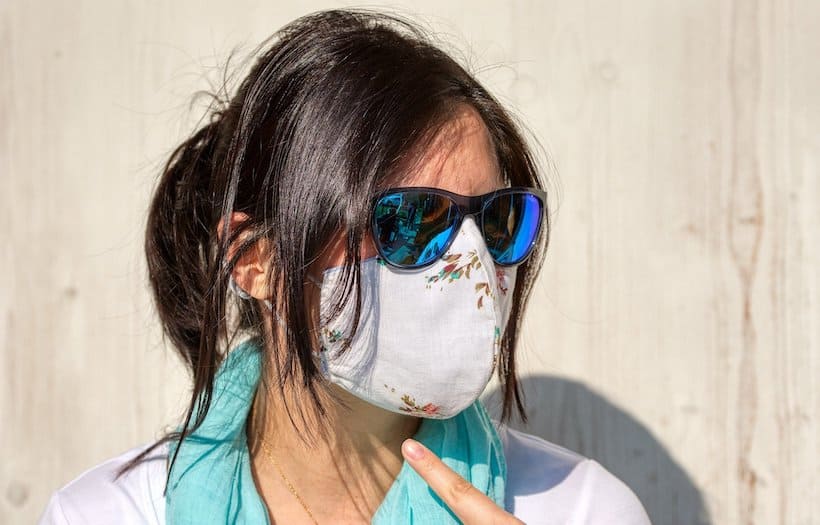
- Greece has reopened to international tourists, including those from outside the European Union, such as the United States and the UK. All travellers, regardless of their country of origin, DO NOT need to present a vaccination, recovery, or test certificate.
- In 2023, travelers are no longer required to fill out the Passenger Locator Form before arriving in Greece.
- Vaccination/immunity certificate is NOT required to access outdoor and indoor spaces in Greece. Masks are also NOT mandatory for indoor spaces (except hospitals).
Below is everything you need to know about the Covid-19 pandemic in Greece.
Evolution of the Covid-19 Pandemic in Greece
The first case of the new Covid-19 coronavirus in Greece was diagnosed on February 26, 2020, on a 38-year-old woman from the country’s second city, Thessaloniki, who had arrived from northern Italy. After the first three cases, confirmed on February 27, Greece cancelled public events, and just over one week later, now with 89 cases, it closed all schools, restaurants, cafés, bars, shops, shopping malls, churches, and museums. All non-essential movement was restricted on March 22nd. Most hotels were ordered closed until April 30. These measures were among the strictest in Europe, and slowed the spread of the virus. As a result, the country had one of the lowest numbers of deaths in Europe.
The first international travel restrictions happened on March 9, when flights to and from northern Italy were suspended. On March 14, all travel to and from Italy was suspended. On March 16, Greece closed its borders with Albania and North Macedonia, suspended flights from/to Spain, and announced a mandatory 14-day quarantine for anyone entering the country. Two days later, all European Union countries closed their borders to non-EU nationals. Until May 15, commercial flights to and from Italy, Spain, Turkey, the UK, the Netherlands and Germany were suspended. All non-EU citizens could not enter Greece until May 18 (exceptions included spouses and minor children of EU nationals and members of government delegations).
Restaurants and cafés with outdoor seating, bars, shops, shopping malls, hotels, museums, archaeological sites, and most of the beaches reopened in June. The tourist season officially started on June 15 and international flights resumed gradually from July 1st.
Beginning June 15, residents of 29 countries were allowed to enter Greece but were subject to Covid-19 testing and quarantine, depending on the country. Until July 1st, international flights landed only in Athens.
Throughout the month of July, the European Union gradually lifted travel restrictions on a number of countries.
Like elsewhere in Europe, there was a steep rise in infections in late 2020 and early 2021, particularly in Athens, which had half of the cases. This led to a new lockdown until March 16th.
Is it Safe to Travel to Mykonos, Greece?
As COVID-19 is still spreading and massive vaccination hasn't happened in all countries, the travel risk remains moderate. As you would at home, regularly wash your hands with soap and water, or with an alcohol-based sanitizer, especially after coughing or sneezing. Always avoid touching your eyes, nose, or mouth, and cover your mouth and nose with your elbow (not with your hands) or with a tissue, when you cough or sneeze. Keep a safe distance (6 feet or about 2 meters) from other people. If you develop a fever and/or respiratory symptoms (cough or shortness of breath), postpone your trip, stay indoors, and immediately seek medical assistance.
If you’re able to travel to Mykonos, you must keep a safe distance at the beaches -- sunbeds and umbrellas are now placed further apart.
Taking a Covid-19 Test in Greece
If you want or need to be tested for Covid-19, you may head to any major hospital in Greece. You'll have to pay for the test yourself, which can cost around 100 or 120 euros. If you do develop symptoms while in Greece, you may contact the Covid-19 hotline at 1135, which will refer you to testing sites and medical care.
Keep checking this page for regular updates and advice on traveling to Mykonos and Greece.
For frequently-asked questions about traveling to Mykonos, look here: Mykonos Tourism Guide
